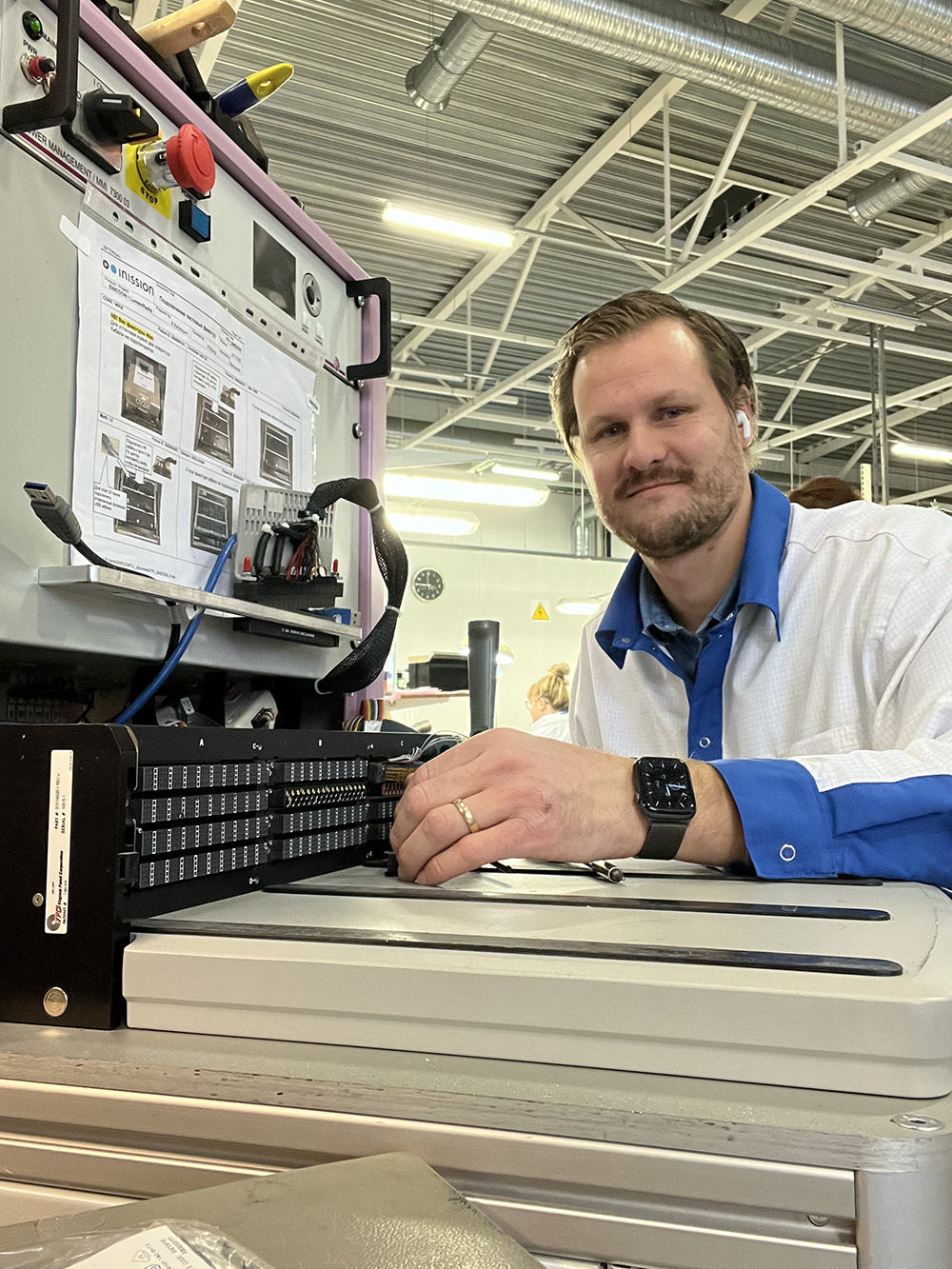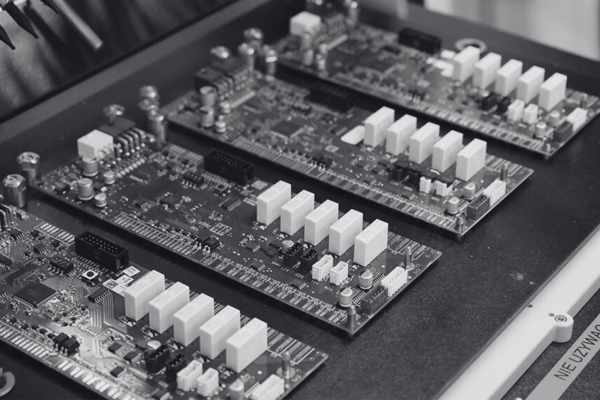Having efficient test systems is key for companies that want to stay ahead. As the pace of innovation increases and product life cycles become shorter, the ability to test quickly, accurately, and flexibly becomes more important than ever. This is where modular test systems come in – offering a solution that provides both technical control and financial security.
In this article, we explore why modular test systems are not just smart from an engineering perspective – but also a strategic investment with clear business value
Cost-Efficiency and Long-Term Returns
Traditional test systems are often expensive to develop, implement, and maintain. They require extensive customization and can quickly become obsolete as technology evolves. Modular test systems, on the other hand, offer a flexible and cost-effective solution by using standardized components that can be easily replaced or upgraded.
If you work with PCBA testing, you can use a modular platform where new test modules can be added without needing to purchase an entirely new system. This reduces both procurement and maintenance costs, providing you with a faster return on investment.
What are the benefits?
- Lower operating costs: Reduced expenses for repairs and maintenance.
- Increased production capacity: More efficient testing allows for faster throughput in your production.
- Reduced waste: Fewer defective products minimize losses and increase your profit margins.
Scalability and Adaptability
As your business grows and your testing requirements change, you need systems that can adapt without requiring a complete infrastructure overhaul. Modular test systems allow you to easily add new features, sensors, and software modules to meet new demands.
If you run a medical technology company developing new diagnostic tools, you can quickly swap out test modules to comply with new regulatory requirements without having to rebuild your entire testing environment. This saves both time and resources.
What are the benefits?
- Flexibility to grow with the market: Adapt tests without investing in entirely new systems.
- Reduced investment risk: Simple upgrades instead of costly new installations.
- Efficient resource utilization: Optimized production without immediately increasing workforce size.
Faster Time to Market
In a competitive market, time is a critical factor. The ability to quickly develop, test, and launch new products can be key to your success. Modular test systems enable faster product development cycles by reducing the time required to configure and implement new test solutions.
If you are developing electric vehicles, you can use modular test systems to quickly test different battery modules. By reusing and modifying existing test modules, you can accelerate the development process and bring new models to market ahead of your competitors.
What are the benefits?
- Increased competitiveness: Faster launches lead to greater market share.
- Higher revenue: Shorter development time means earlier revenue generation.
- Better resource management: Fewer bottlenecks in the testing process free up capacity for other projects.
Improved Operational Reliability and Reduced Downtime
One of the major issues with traditional test systems is that a single defective component can lead to extensive downtime. Modular systems address this by enabling quick troubleshooting and replacement of specific modules without affecting the entire system’s functionality.
If you run a semiconductor manufacturing facility, you can quickly identify and replace a faulty test module without having to halt the entire production line. This significantly reduces downtime and enhances your production capacity.
What are the benefits?
- Fewer production stoppages: Direct impact on delivery precision and customer satisfaction.
- Lower troubleshooting costs: Less time and fewer resources required for maintenance and repairs.
- Higher profitability: Greater stability and increased availability lead to higher production and sales.
Summary
To stay ahead and optimize your testing processes, modular test systems are a clear choice. They are not just a technical solution but a strategic investment that delivers measurable impact on both result and innovation capability.
With lower costs, faster development, higher operational reliability, and the flexibility to grow with the market, they become a natural choice for companies that want to stay at the forefront.
Are you ready to take the next step? Contact us to explore how our modular test systems can help you optimize your production and R&D!




%20(1).jpg)

